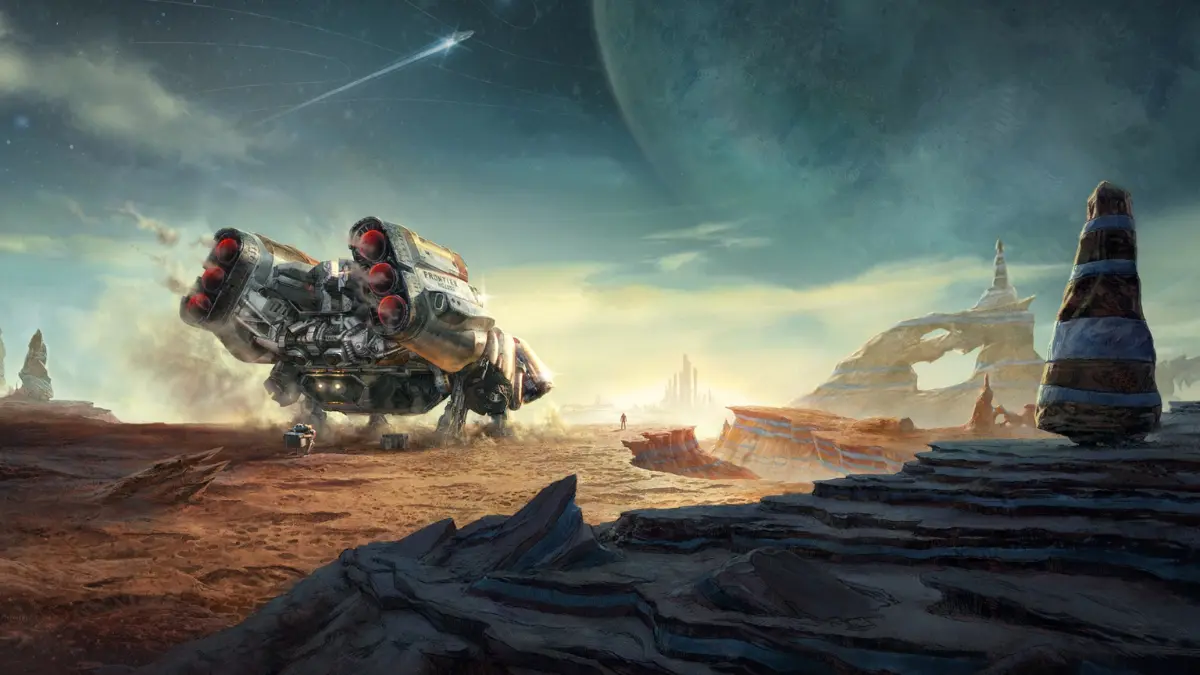Major video game publishers have increasingly adopted a business model where players can pay extra to access new titles several days before the official release date. This practice, typically bundled with deluxe or premium editions, has become standard across the industry for both single-player adventures and multiplayer experiences.
Early access periods usually range from two to seven days before the standard release and come at a premium of $10–$40 above the base game price. Publishers often package these early access opportunities with additional content like cosmetic items, digital artbooks, or season passes to make the higher price point more appealing.
Recent high-profile games like Starfield offered up to six days of early access through its deluxe edition. Forza Horizon 5 rolled out a similar strategy with its premium version, while the upcoming Path of Exile 2 has a $30 early access fee even though the game will be free-to-play when it officially launches.
The impact of early access changes a lot depending on the type of game. For single-player experiences, it’s mostly about the satisfaction of playing before anyone else and avoiding spoilers. But in multiplayer and especially MMO games, early access can give a real edge—early players can nab rare resources, take over the market, or level up ahead of the main crowd.
From a business angle, this approach is a classic case of charging people based on how much they’re willing to pay. Publishers basically set up two launch dates: one for those who’ll pay extra, and one for everyone else. It brings in more money and gets the word out as early players share their first impressions.
This is a step up from the old “early access” programs where people tested games that were still in development. Now, early access means you’re playing the finished game, just a little earlier, with the goal of boosting sales.
If you’re a content creator or streamer, paying extra for early access is almost non-negotiable, since getting in first can make a huge difference for your numbers and your paycheck. This need to be first has helped make early access deals a lot more common for everyone else too.
The early bird tax
Early access players often bump into problems they didn’t expect. They’re likely to run into bugs before the first round of patches drops, so in a way, they’re paying extra to help test things out. Some games have even had server meltdowns or wiped progress during the gap between early access and the official launch, frustrating gamers who shelled out for the premium experience.
There’s no sign this trend will slow down, with publishers testing out more and more complicated access tiers. Digital game sales mean there’s no more waiting in line at a store, and the difference between a “release date” and “access date” keeps getting muddier—changing the way games hit the shelves.

